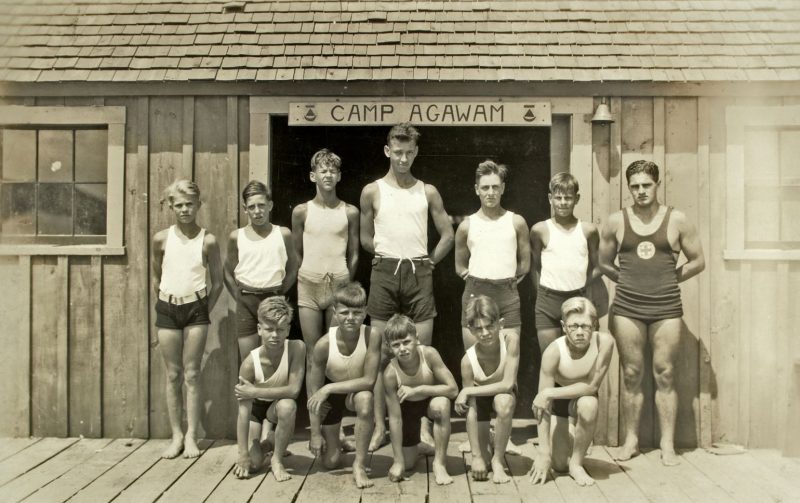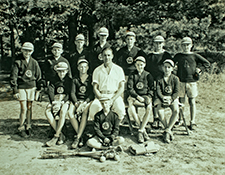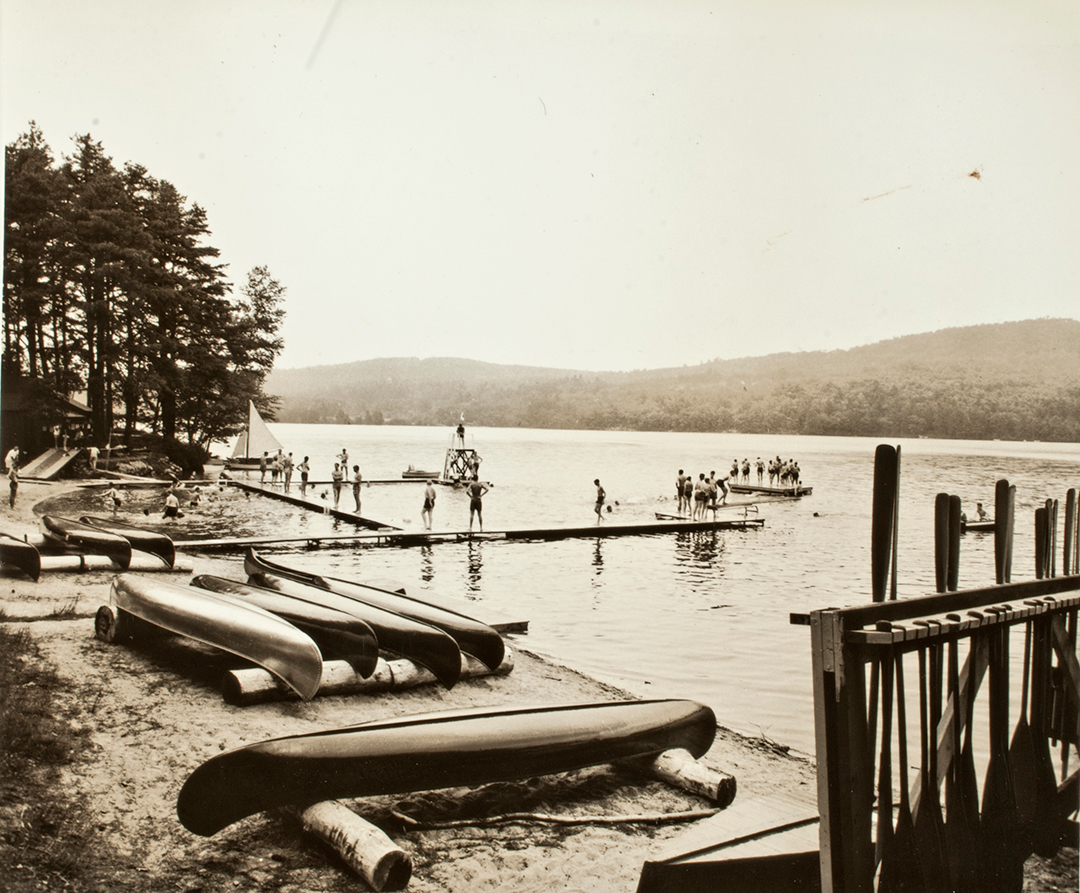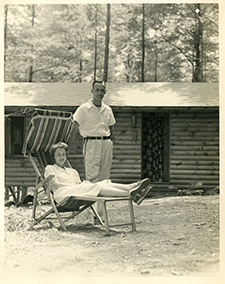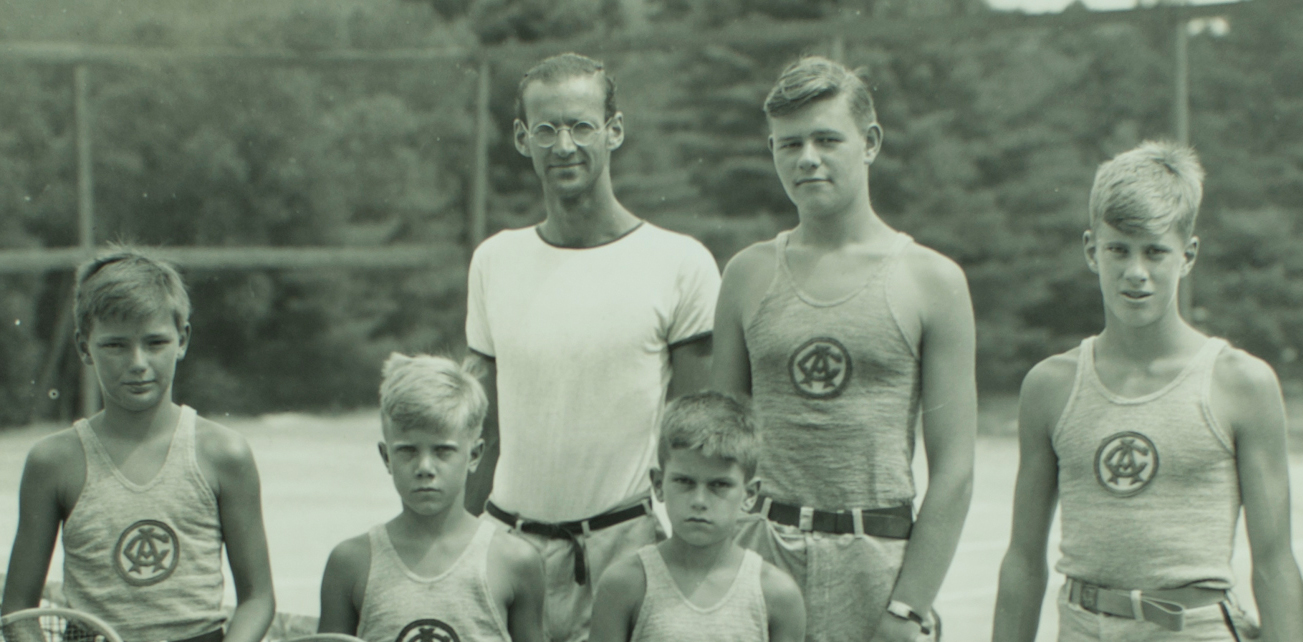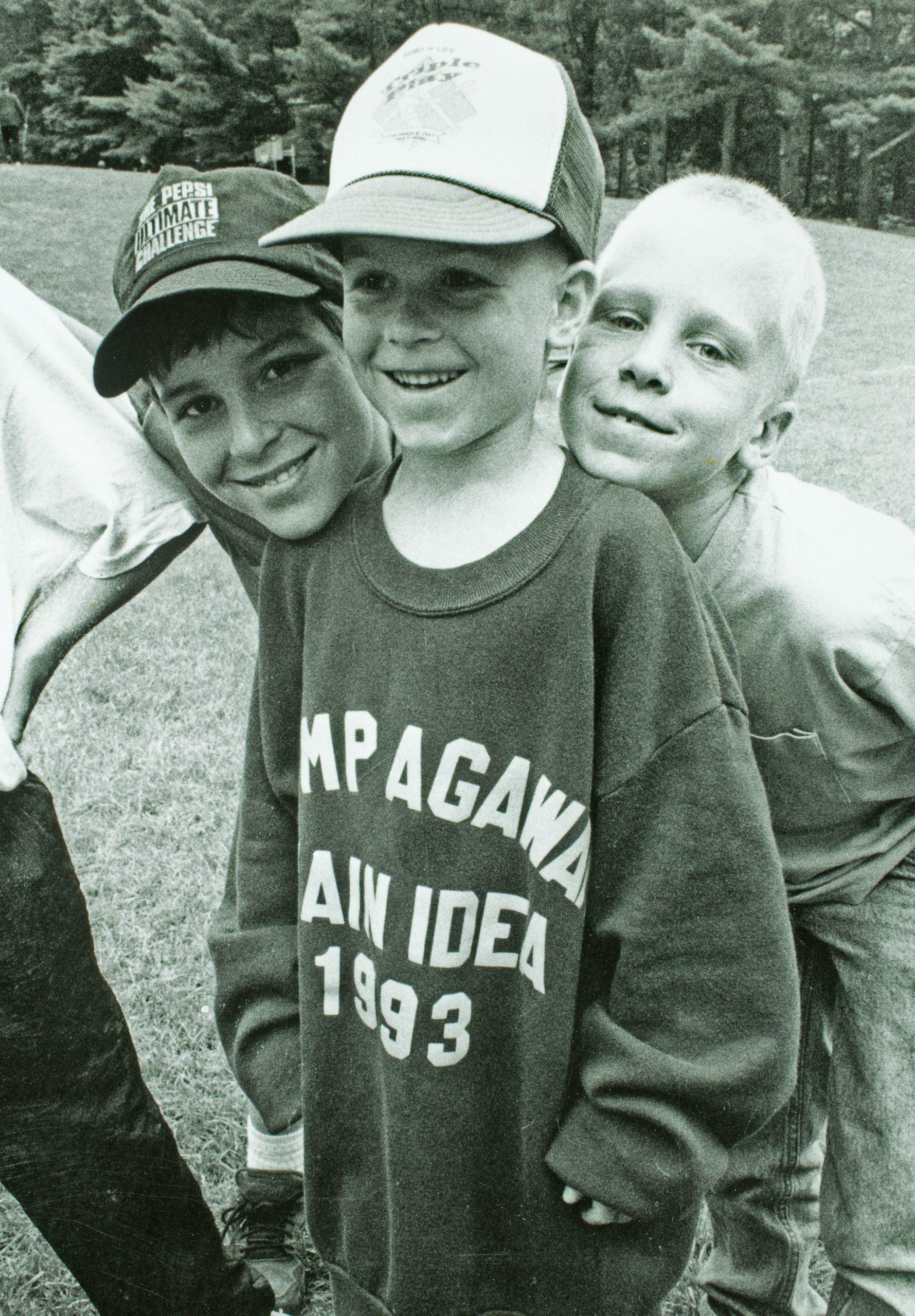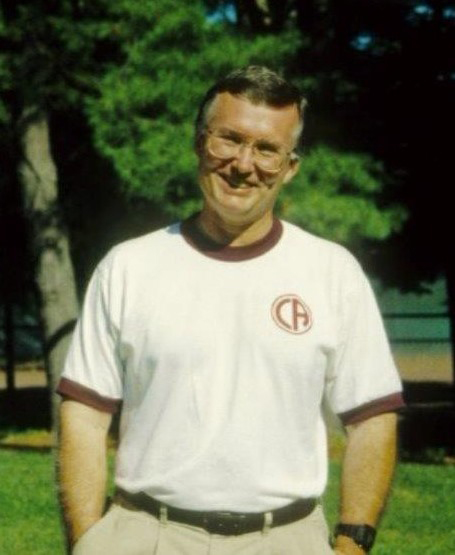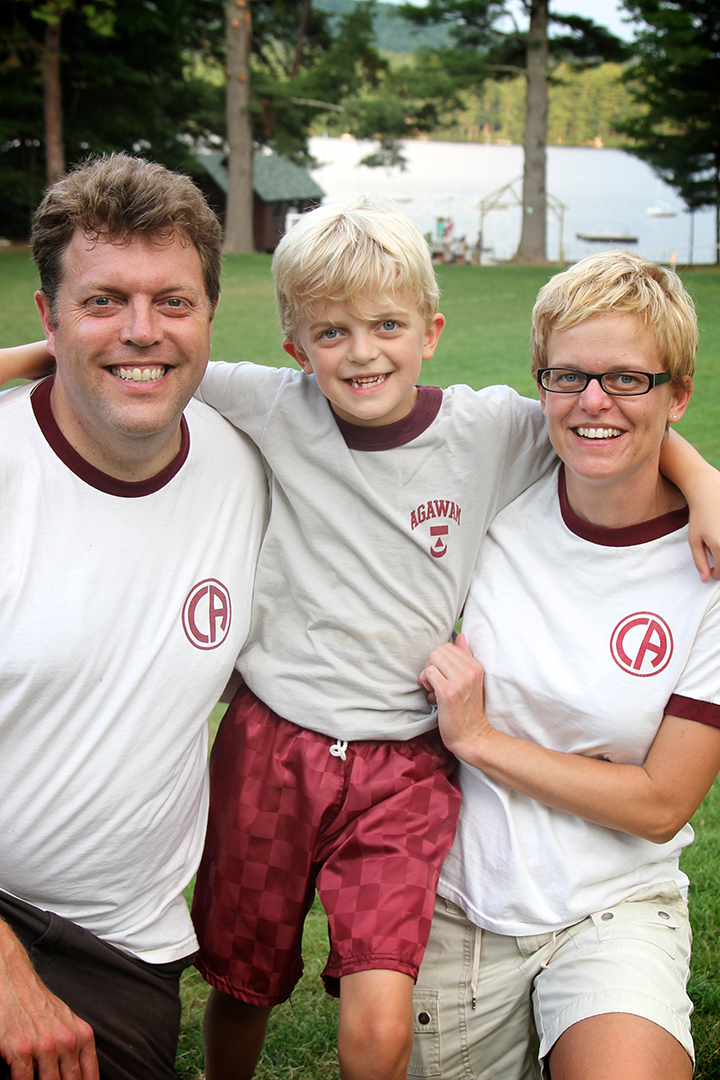About Us
For more than a century, Camp Agawam has been a home away from home for boys from around the world.
The essence of Agawam is our rustic, uncomplicated environment with countless opportunities for fun, challenge, and growth. Campers enjoy sunshine, cool breezes off the lake, woodlands, rolling open fields, lots of wildlife, starry skies at night, and the memorable call of the loons.
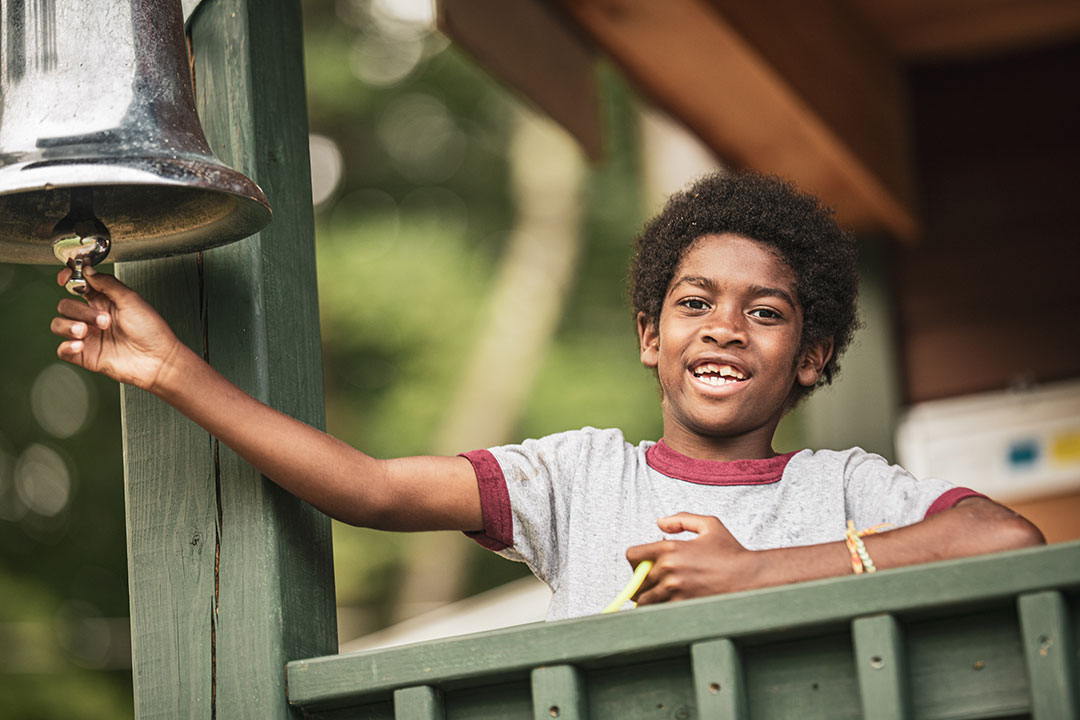
Agawam by the Numbers
boys from around the world
ages
acres
feet of shoreline
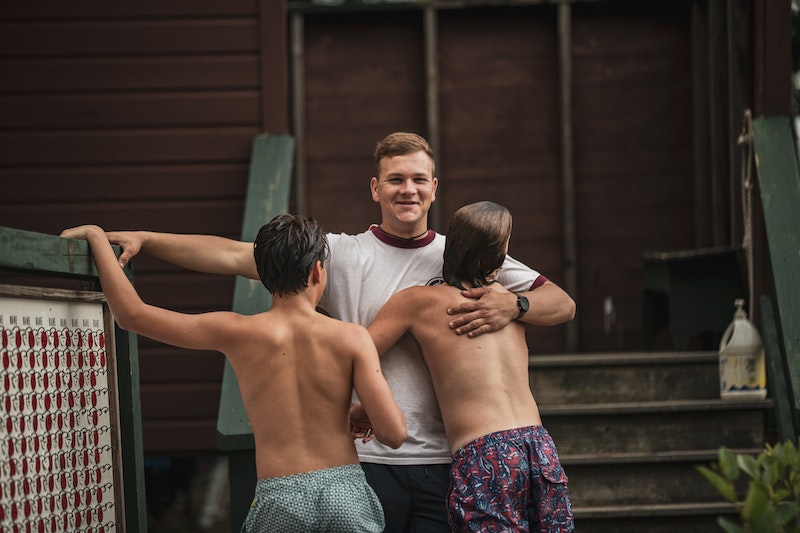
Our Philosophy
We believe in the potential of every boy to be the best of whatever they are. The Agawam environment promotes independence, while also recognizing the value of counselors and peers for companionship, camaraderie, and support. At Agawam, we set high standards for behavior, character, sportsmanship, leadership, and mutual respect. Our program balances recreation with skill and knowledge development, competition with cooperation, and structure with flexibility.
The Woodcraft Laws
The central guiding principles for the Agawam community are embodied by the Woodcraft Laws, compiled by Ernest Thompson Seton in the early 1900s. Taken together, these form a foundational framework that is emphasized throughout the summer and can be implemented for life.
Beauty
Beauty
- Be clean, both yourself and the place you live in.
- Understand and respect your body, for it is the temple of the spirit.
- Be a friend to all harmless wildlife. Conserve the woods and flowers, and especially be ready to fight wildfire in forest or town.
Truth
Truth
- Word of honor is sacred.
- Play fair; foul play is treachery.
- Be reverent; worship the Great Spirit and respect all worship of him by others.
Fortitude
Fortitude
- Be Brave. Courage is the noblest of all attainments.
- Be silent while your elders are speaking and otherwise show them deference.
- Obey. Obedience is the first duty of the Woodcrafter.
Love
Love
- Be kind. Do at least one act of unbargaining service each day.
- Be helpful. Do your share of the work.
- Be joyful. Seek the joy of being alive.
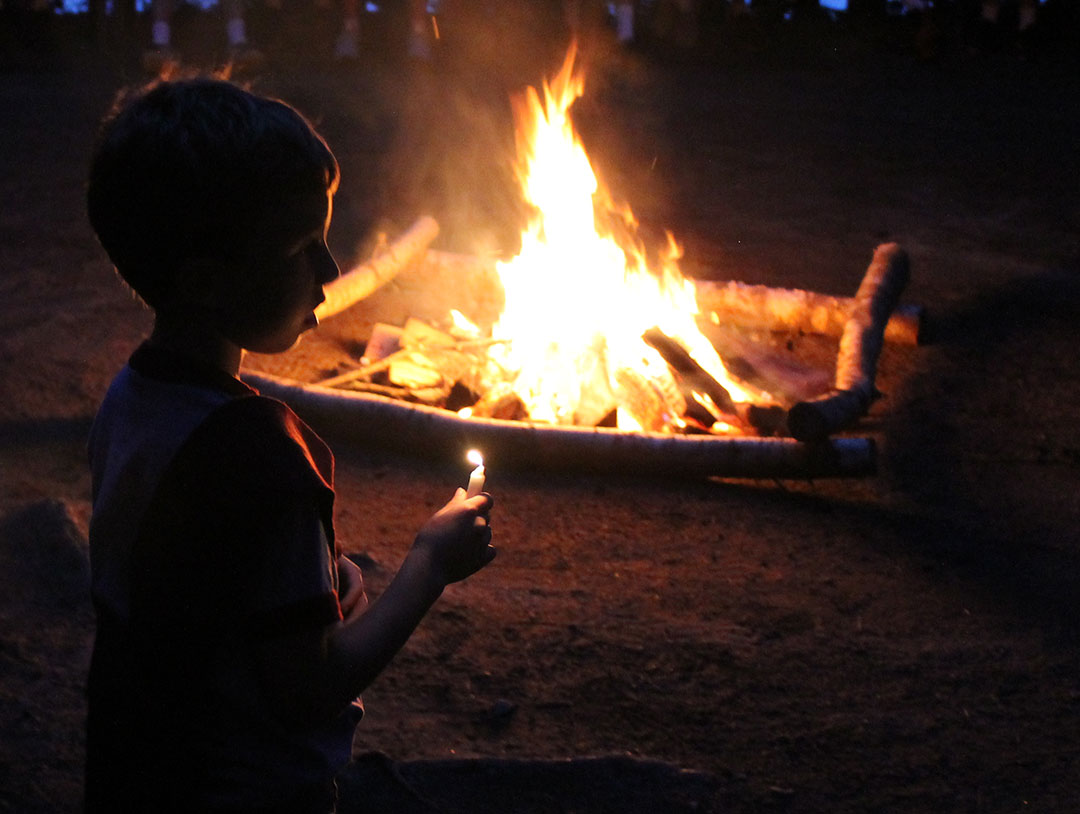
Personal Growth Through Katiaki
Agawam places central emphasis on creating an environment for discovering and enhancing personal and interpersonal skills. Each week, every camper is assigned a “Katiaki” (kah-TIE-a-key) – a goal to work toward that is related to his character, personality, or skills in relating to others. Determining and assigning these goals is a major responsibility of the camp staff and is addressed with great care. Equal emphasis is placed on reinforcing positive traits and behaviors, as well as addressing areas of relative weakness.
Campers receive frequent feedback and, at the end of the week, the staff gathers to determine if each camper has made a conscientious effort to attain his Katiaki goal. The emphasis is always on the effort, as the goals themselves can often be very challenging. If a camper does work hard on his Katiaki, he is honored publicly in the special candlelight ceremony at the end of our weekly Council Fire.
Katiakis have been a part of Camp Agawam since 1942. Many alumni find it has the most enduring impact of their Agawam experience.
Our History
Camp Agawam was founded in 1919. It was owned and operated continuously by the Mason family until their retirement after 66 years of stewardship.
To preserve and protect the institution they had known and loved, a group of Agawam alumni, parents, and friends formed the non-profit Agawam Council, which purchased the camp in 1985. The Agawam Council is run by a Board of Directors dedicated to continuing the quality summer camping that Agawam had become known for.
Today, Camp Agawam is thriving and serves as an industry model for other camps that face transition and change. While Agawam has welcomed many new campers and families into the fold over its history, its charge remains the same as ever–centered on character development, enhancement of self-esteem, leadership skill development, and a greater respect for the natural environment.
